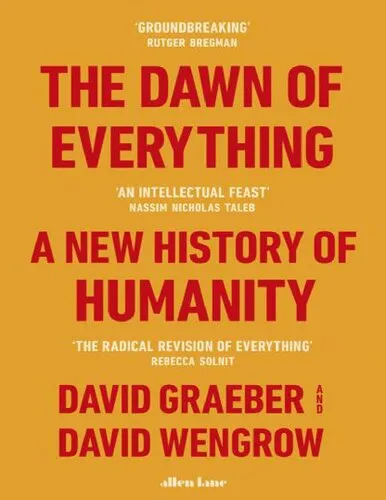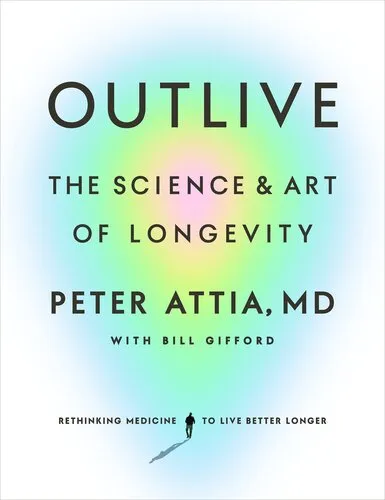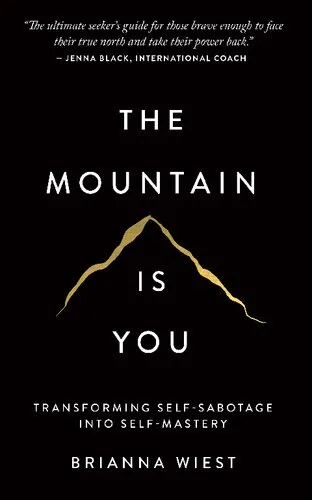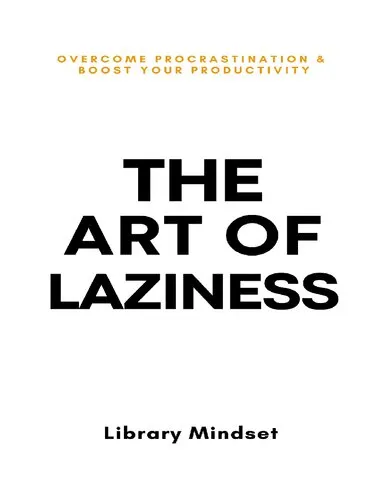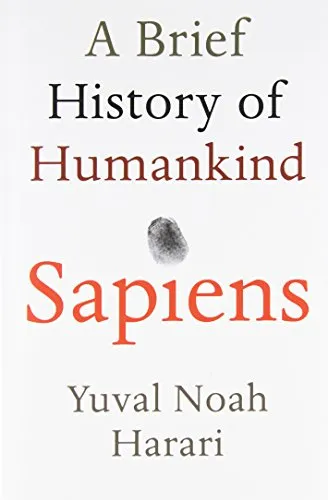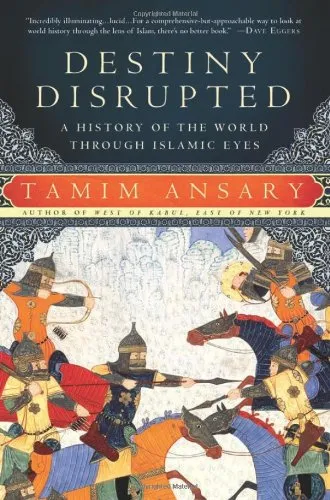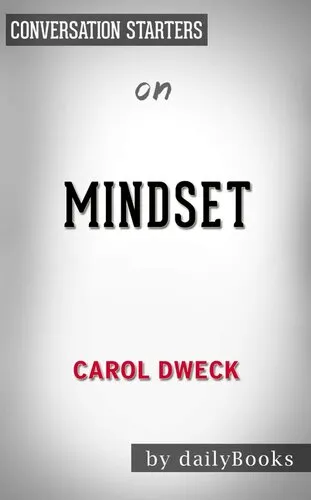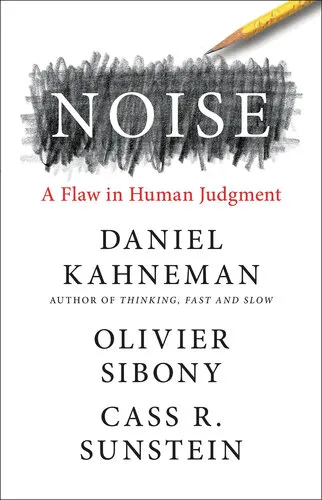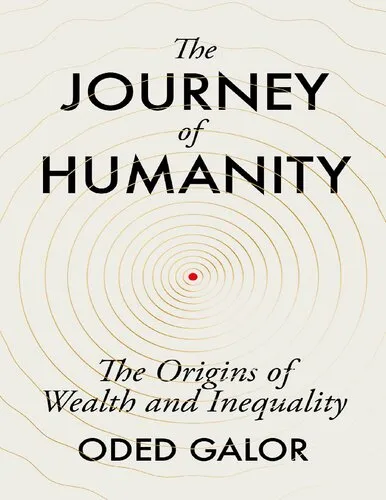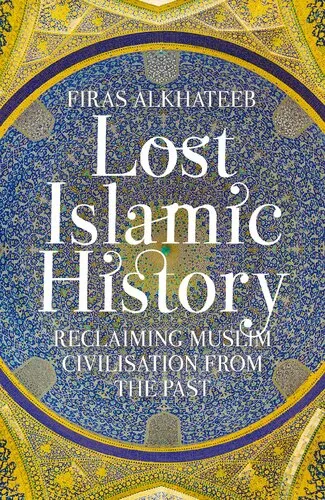The Dawn of Everything: A New History of Humanity
5.0
Reviews from our users

You Can Ask your questions from this book's AI after Login
Each download or ask from book AI costs 2 points. To earn more free points, please visit the Points Guide Page and complete some valuable actions.Related Refrences:
Welcome to an exploration of human history like never before. "The Dawn of Everything: A New History of Humanity" redefines our understanding of early civilizations and offers a fresh perspective on the evolution of societies. Authored by David Graeber and David Wengrow, this book challenges conventional wisdom, encouraging readers to rethink the path of human progress.
Detailed Summary of the Book
The book ventures into the annals of human history to unravel a tapestry more complex than previously envisaged. Graeber and Wengrow question the linear narrative that suggests a straightforward progression from primitive egalitarian bands to hierarchically structured agrarian societies, and subsequently to modern states. They argue that human societies have always been diverse and flexible, often rejecting hierarchy as much as they embraced it. By exploring an extensive range of archaeological, anthropological, and historical evidence, the authors highlight the adaptive and multifaceted nature of early human societies.
Covering a timespan of over thirty thousand years, from the earliest prehistoric cultures in Africa and Asia to the dawn of complex societies in Mesopotamia and the Americas, the book delves into different social experiments this period witnessed. These include purposeful egalitarianism, urban life without central government, and the curious cases of societies moving away from agriculture back to foraging. The book provides an enlightening view of how our ancestral choices shaped our modern world, celebrating the inherent creativity and adaptability of human societies.
Key Takeaways
- Human history is not a linear progression but a multitude of experiments in social organization.
- Early human societies were more dynamic and egalitarian than traditionally believed.
- The concept of property and state is far younger and less inherent than often presumed.
- Diverse forms of political and social organization have existed across different cultures and times.
Famous Quotes from the Book
"The ultimate, hidden truth of the world is that it is something that we make and could just as easily make differently."
"To ask 'What shape do human societies take, and why?' is also to ask 'What shapes could they have taken, if the people involved had chosen to experiment more freely?'"
Why This Book Matters
"The Dawn of Everything: A New History of Humanity" matters because it challenges deeply ingrained narratives about the origins and development of human societies. It encourages both professionals in anthropological and historical fields, as well as general readers, to reconsider what they know about human history—emphasizing the importance of curiosity, creativity, and flexibility in our ancestors. This work offers vital insights into the past, which are crucial for fostering a better understanding of the present and envisioning a future where societies are built on equality and respect for diversity.
In an era where discussions about societal structures, governance, and inequality are more pertinent than ever, this book provides a robust framework for reimagining potential societal paths. It gives readers the intellectual courage to question the status quo and explore alternative ways of thinking about human civilization.
Free Direct Download
You Can Download this book after Login
Accessing books through legal platforms and public libraries not only supports the rights of authors and publishers but also contributes to the sustainability of reading culture. Before downloading, please take a moment to consider these options.
Find this book on other platforms:
WorldCat helps you find books in libraries worldwide.
See ratings, reviews, and discussions on Goodreads.
Find and buy rare or used books on AbeBooks.
1396
بازدید5.0
امتیاز0
نظر98%
رضایتReviews:
5.0
Based on 0 users review
Questions & Answers
Ask questions about this book or help others by answering
No questions yet. Be the first to ask!
